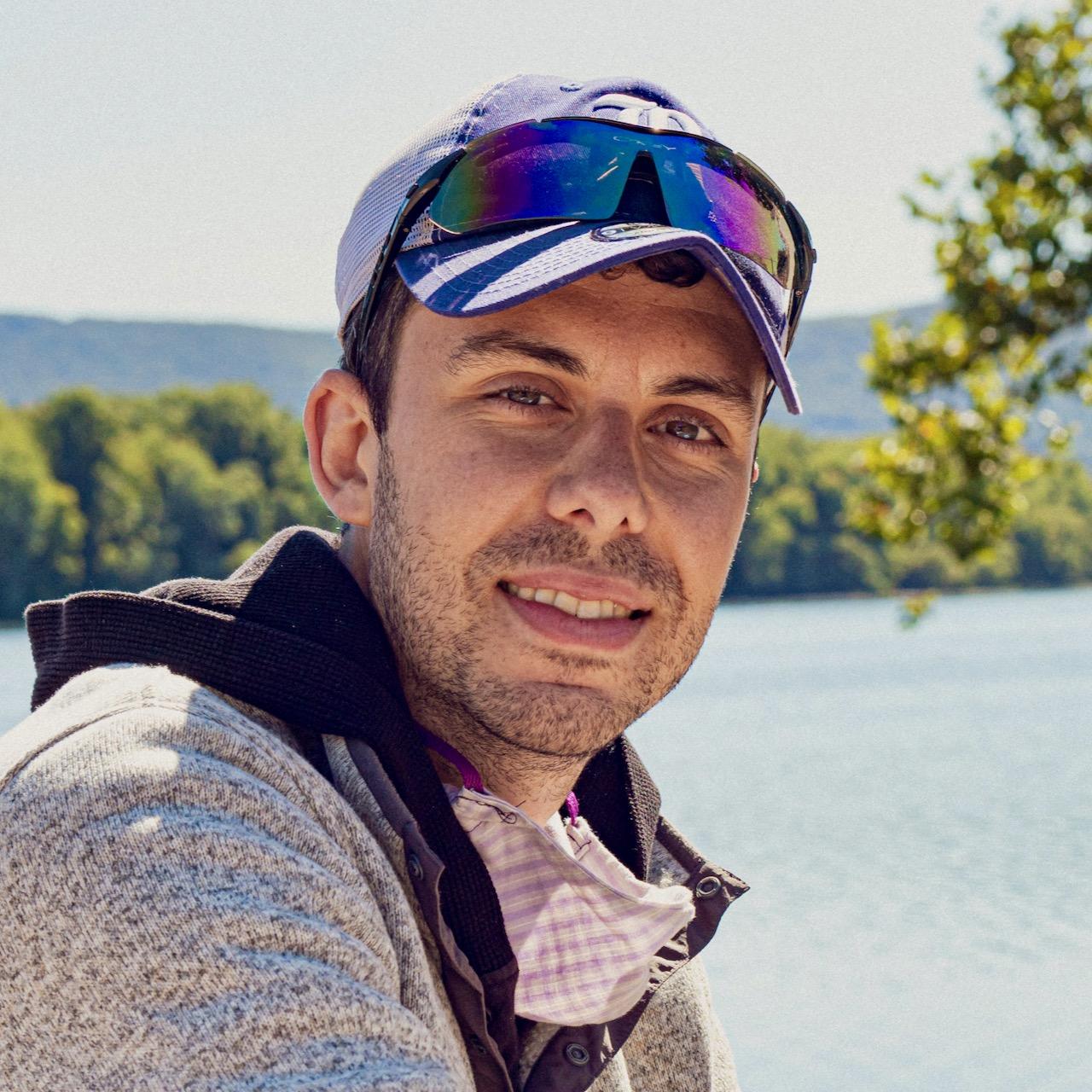James Doss-Gollin (Preferred Pronouns)
Hometown: New Haven, CT
Joined CEE department: January 2021
1. What is your research focus, and what made you interested in this work?
As a first-semester undergrad at Yale (which didn't have a CEE program), I was drawn to renewable energy and chose a MECE major. In my first summer, I received a travel award to work in Paraguay with a microfinance organization on a clean water program. I was captivated by the challenges of clean water as I traveled around, talking with water managers in small towns. Although I remained a MECE major, I continued to explore water systems through coursework, extracurriculars (e.g., Engineers Without Borders), and summer projects. In my final summer, I conducted research on drought resilience at the Federal University of Ceará in Fortaleza, Brazil, becoming fascinated with how climate variability and change create stresses that communities struggle to manage.
In grad school at Columbia, I became interested in major river flooding. Although seemingly very different from droughts, floods in large rivers often occur when weather patterns stall for several weeks, causing repeated rain in one region and none in another, revealing deep links between floods and droughts. Since joining Rice, I've focused on urban flooding, tropical cyclones, and (circling back to earlier interests) the risks extreme weather poses to energy systems.
The overarching goal of my research is to develop understanding and models of weather/climate hazards that inform decision-making, especially quantitative approaches to handling uncertainty. After all, infrastructure we build today will likely exist in a future very different from the present! Informing decisions requires grappling with uncertainty, utilizing statistics and machine learning tools, interfacing with decision support systems, and above all, listening and thinking critically to devise useful problem framings.
2. Why do you enjoy being a part of the CEE community at Rice?
CEE is defined more by the problems we tackle than the tools we employ. My group uses computational models to quantify weather/climate hazards and identify effective risk management strategies. Colleagues apply genetic analysis to study wastewater systems, fabricate novel materials to enhance membranes, or prototype innovative structural designs. Despite our diverse approaches, we're all addressing challenges related to ensuring communities worldwide have access to critical infrastructure services, ultimately aiming for safer, healthier, and better lives. Rice CEE also stands out as an incredibly collaborative, warm, and friendly community. This environment not only promotes personal happiness but also fosters intellectual and professional growth.

3. What is one of your favorite things about living in Houston?
The incredible diversity of affordable dining options is phenomenal. From regional cuisines to patio bars and giant mega-restaurants, Houston is an exciting place to be hungry.
4. What do you enjoy doing when you’re not working?
Lately, I've been spending weekends at local parks with my two-year-old. We like to cook, hang out with friends, and watch/play/discuss soccer.
Thank you for allowing us to learn more about you, Prof. Doss-Gollin! We’re so glad you are a part of the civil and environmental engineering community.
We want to learn more about all of our CEVE students! To participate, please complete this form: Undergraduates and Graduates.

